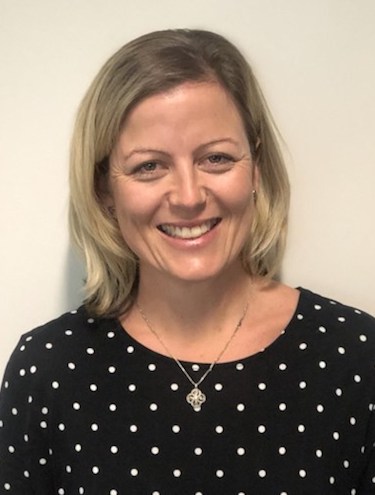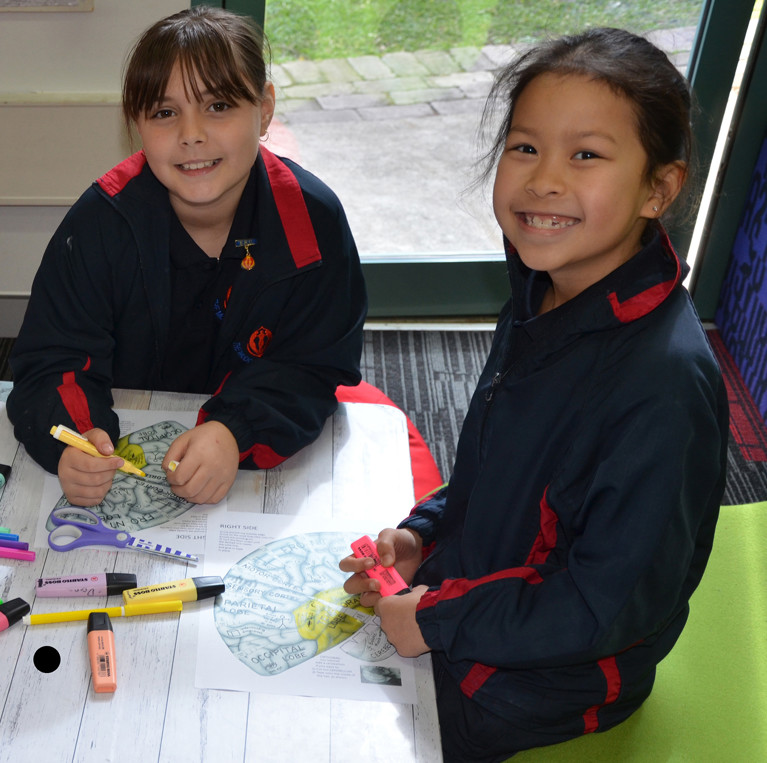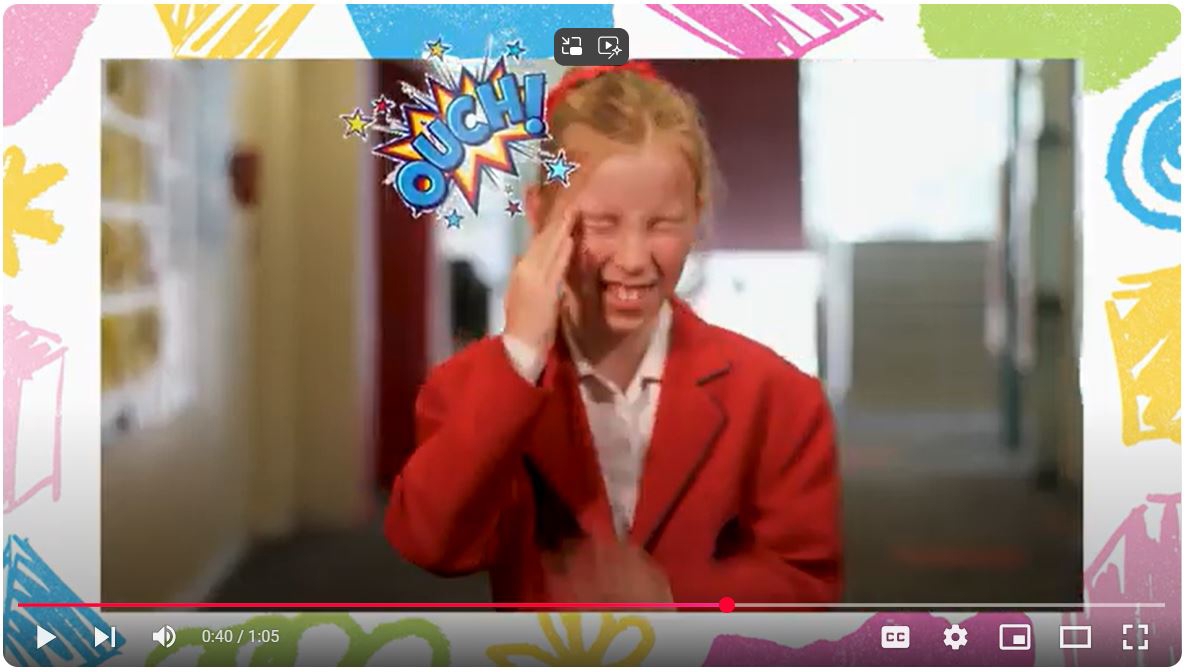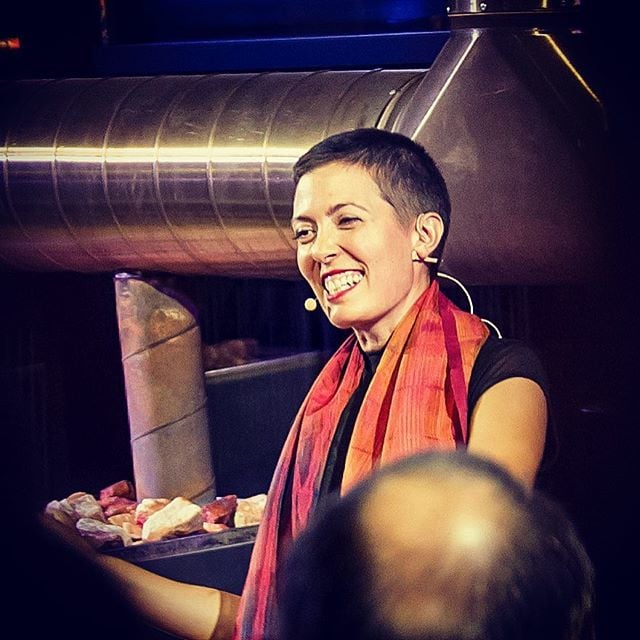- Posted on 3 Jul 2025
- 8 minutes
Rebecca Fechner is using her PhD research to build a community for kids dealing with chronic pain in their lives and at school.
As a clinical physiotherapist at the Queensland Children’s Hospital, Dr Rebecca Fechner works as part of a team who help the one-in-five children who experience chronic pain – at home, in the community and when they’re at school.
“There’s probably five or six kids in every classroom across the country who are living with chronic pain but their pain can sometimes go unnoticed,” she says.
Looking to explore this vital issue, Rebecca took a turn in her professional career which had spanned more than two decades. Four years ago, she started a PhD with UTS paediatric pain researcher Dr Joshua Pate.
Rebecca’s research has focused on bridging the gap between health and education for paediatric chronic pain – learning how pain is communicated, modelled and responded to in schools.
“In the health system, we’re generally unaware of just how much education systems are supporting children with paediatric pain. There’s a huge amount of work going on, sometimes without teachers even knowing it,” Rebecca says.
Teachers are a huge untapped resource for supporting children’s wellbeing from a health perspective. But we need to be respectful because they're already carrying a burden of care for their students.
The importance of genuine partnership is something Rebecca is trying to get other health professionals to recognise and put into practice.
“I used to go in as a health professional with a focus on educating teachers about the complexity of pain, and teaching them how to support children in the classroom. Often, this added stress because I didn’t understand their practice,” she says.
“Now, I know teachers enact strategies every day that support children with learning, and these same strategies can comfort pain. The supportive relationships teachers build with their students can also have a huge positive impact on a child’s experience of pain.
“Appreciating these strengths means I now focus on a more nuanced approach to education and collaboration aimed at reducing the burden and increasing teacher self-efficacy.”
“Teachers have a huge impact every single day – by helping their students navigate social challenges or supporting them with regulation. Once they recognise this, they realise they’re actually a part of treatment. This builds a community with a common goal of helping kids with chronic pain.”

Community relieves chronic pain
The central thesis of Rebecca’s research is that building an inclusive community is the most important, but often missing, piece of the puzzle to relieve chronic pain for children.
Her work has a starting point of pain as a social experience. Having a shared experience of what pain is – and consistency in how it’s communicated, modelled and addressed – can influence the overall level of a child’s experience.
“Between the health and education sectors, we can help create a community to destigmatise pain. That translates into not just including the kids at school but all of their friends, their families and the communities around them,” Rebecca says.
Starting in schools, we can mobilise entire communities to look at pain differently. We can all work in a partnership where everyone supports each other.
A great example of this was work Rebecca and Josh Pate did immersing themselves with a group of kids and teachers at a Sydney performing arts school.
Together, they produced a series of videos that was screened in front of hundreds of healthcare professionals in April this year at the annual Australian Pain Society conference.
“The kids, some as young as 8 years old, were telling us and our health colleagues what they think we should know about pain from their perspective. They fully understood how their attitudes towards pain affect the wellbeing of their friends,” Rebecca says.
“It brought tears to my eyes and to a lot of people there. It was so moving to watch kids who wanted to show up for each other. This was so much more than we expected when we started tackling pain-related stigma in schools.”
Future directions
Having just finished her PhD, Rebecca is looking at new ways to take what she has learnt back into her industry.
In her clinical practice, this includes starting a new partnership with Education Queensland engaging education and allied health leaders to codesign models of care for the management and prevention of chronic pain.
None of this would be possible without having the authority that a strong research foundation brings to open doors.
“Having a PhD and research publications gives the work a real boost. It brings credibility as a clinician, especially when first building these partnerships,” she says.
“Having someone on board like my supervisor Josh, who’s so happy to be part of this ongoing work, helps even more.”
PhD researcher

Rebecca Fechner







